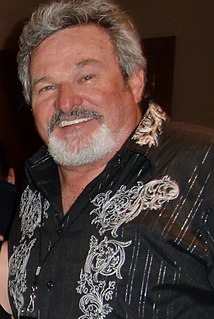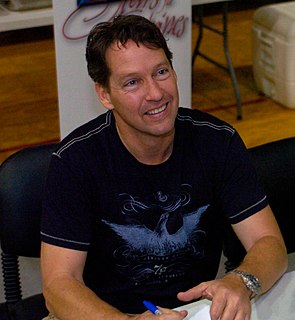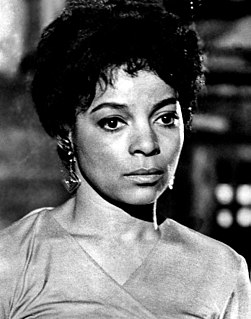A Quote by Sigourney Weaver
It's rather rare when you play an older character in a movie in a supporting role to even get an arc.
Related Quotes
It is fun, revisiting a role. Usually, as an actor, you do a movie and you put that character up on a shelf, and he's done. That character is now immortalized on film, but you don't get to play him again. In these films [Twilight saga], we got to revisit these characters, and we didn't take that for granted.
I don't know if you hear this often but I would say The Razor's Edge (loosely based on a great W. Somerset Maugham novel). This was Bill Murray's first dramatic role so everyone thought he stunk in this deep character but I thought he and the movie were great. The movie takes place over decades so you see Murray's character go from goofy playboy all the way to wiser, older person. It's basically a movie version of the journey I described.
I don't care if you hate me or if you like me, as long as somebody gives me a character that is really a character to play. It's fun to be able to have a character and have a director that can direct you into a character. I'm just so happy that I got a good role. I don't care if it's bad or if it's good, and I don't care if it's drama or comedy. They are just so rare to come across.
I realized that many men are happy to play a supporting role to another man, but they are much less happy to play a supporting role to a woman. People are saying we need more females in our industry and we need more female-driven stories, but that takes the men of bankable star quality to come forward and play supporting roles in those films, because ultimately that's what the women have always done. We've always lent our name value to male-centric stories, and now we're going to have to ask the men to swallow their pride, because it seems that it's about pride.
Every director is always directing around the play. If you have an actor who really doesn't get the character well enough, you have to direct the play around that character. You have to make choices with that actor. If you have an actor that really doesn't get the role and has certain visions of the role, sometimes you have to direct around that actor.




































